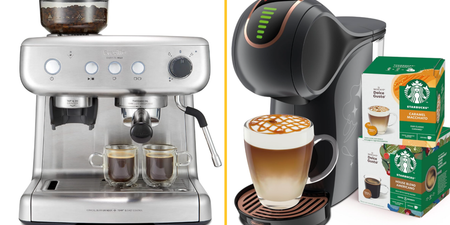Cannabis is increasingly being found to have medicinal qualities.
New research has found that a supplement taken from cannabis may help alcohol and cocaine addicts overcome their cravings.
During the recent study, which was undertaken on rats, scientists found that recovering animals that were provided with cannabidiol (CBD) were less likely to relapse when given the opportunity to take drugs again.
CBD is a cannabis compound that is increasingly being shown to have medical benefits. Unlike smoking weed, it does not make people feel ‘stoned’ when taken and has, in fact, been shown to counteract the psychoactivity of THC.
A team at the Scripps Research Institute in La Jolla, California, found that it took just three days of receiving CBD for the rats to be less likely to relapse for the next five months.
The reason is believed to be because the supplement eases stress and anxiety, and reduces impulsive behaviour. It is now hoped that the findings can be used to help humans struggling with alcohol and drug dependency to overcome their problems.
The study’s lead author, Dr Friedbert Weiss, said: “The efficacy of the CBD to reduce reinstatement in rats with both alcohol and cocaine – and, as previously reported, heroin – histories predicts therapeutic potential for addiction treatment across several classes of abused drugs.
“The results provide proof of principle supporting the potential of CBD in relapse prevention along two dimensions: beneficial actions across several vulnerability states and long-lasting effects with only brief treatment.
“Drug addicts enter relapse vulnerability states for multiple reasons.
“Therefore, effects such as these observed with CBD that concurrently ameliorate several of these are likely to be more effective in preventing relapse than treatments targeting only a single state.”
The past 10 years have seen a change in global attitudes towards cannabis use. In the US 25 states and Washington D.C. have legalised cannabis for medical purposes, after new federal guidelines were introduced in 2009.











































